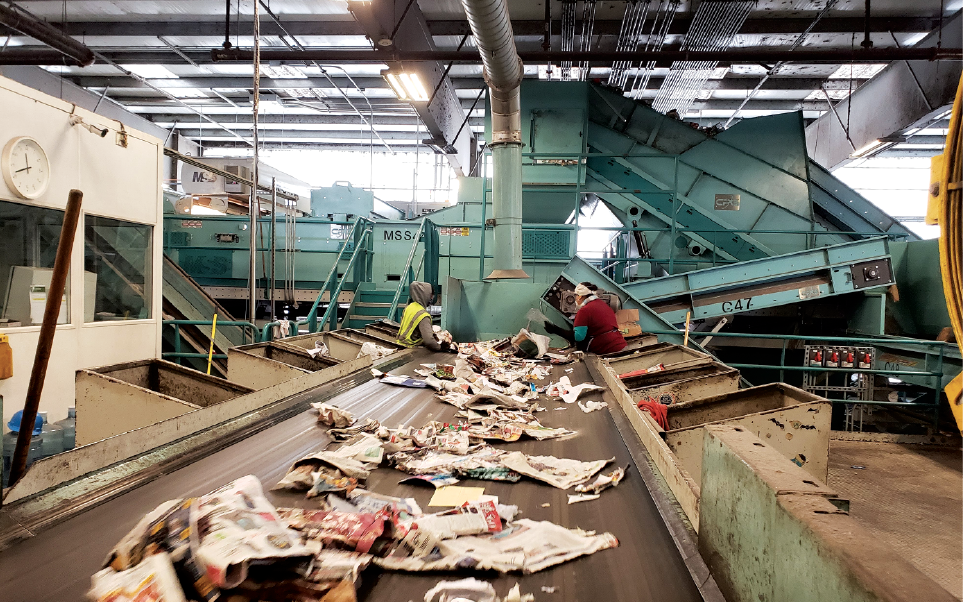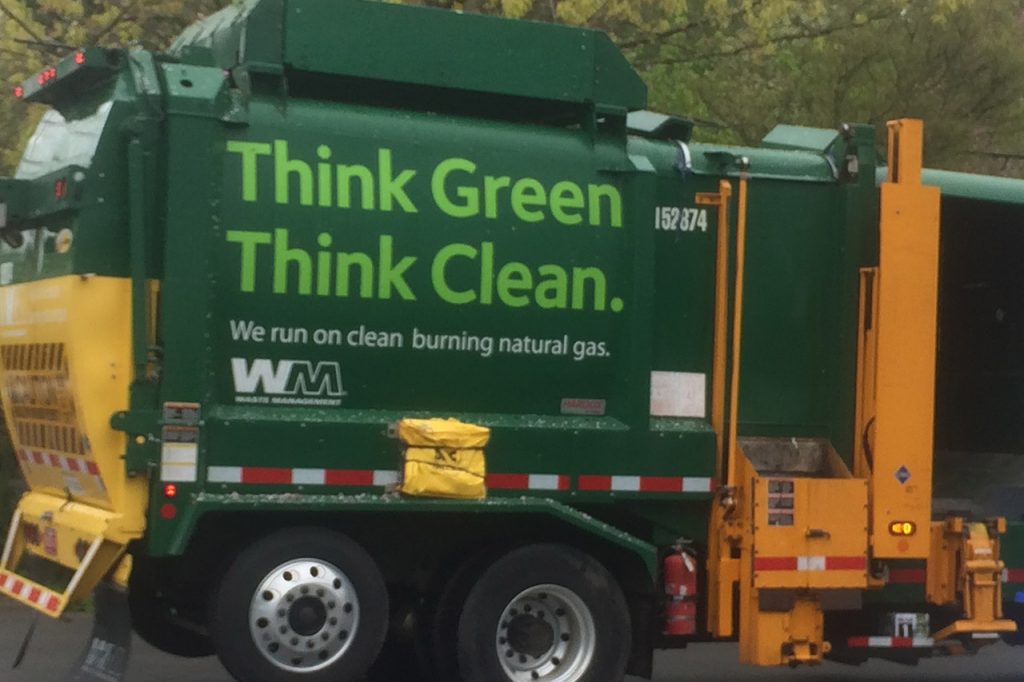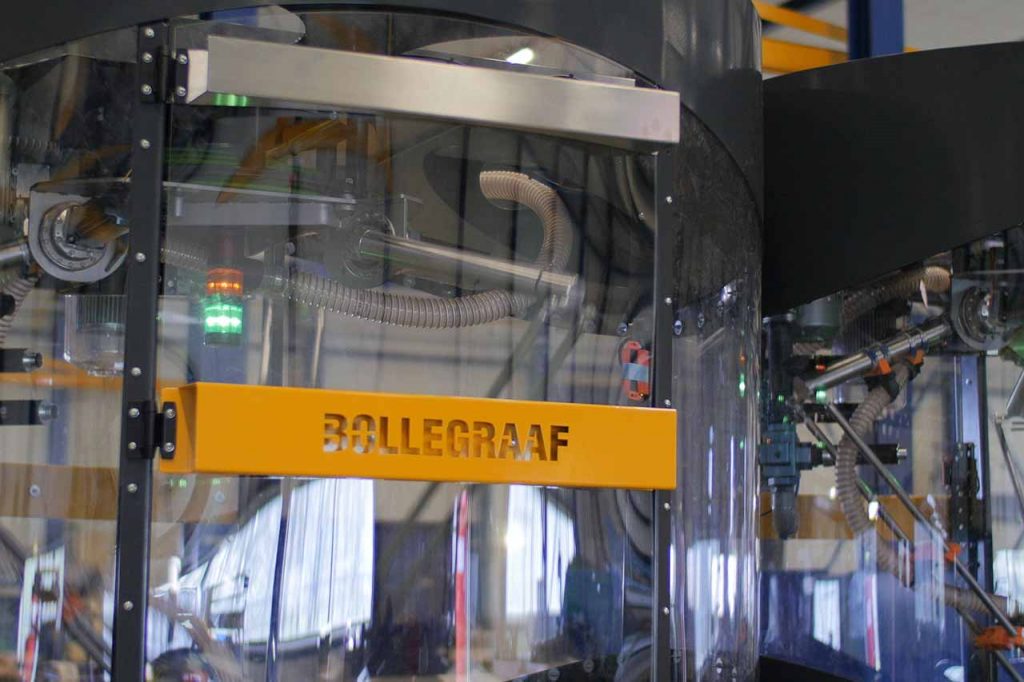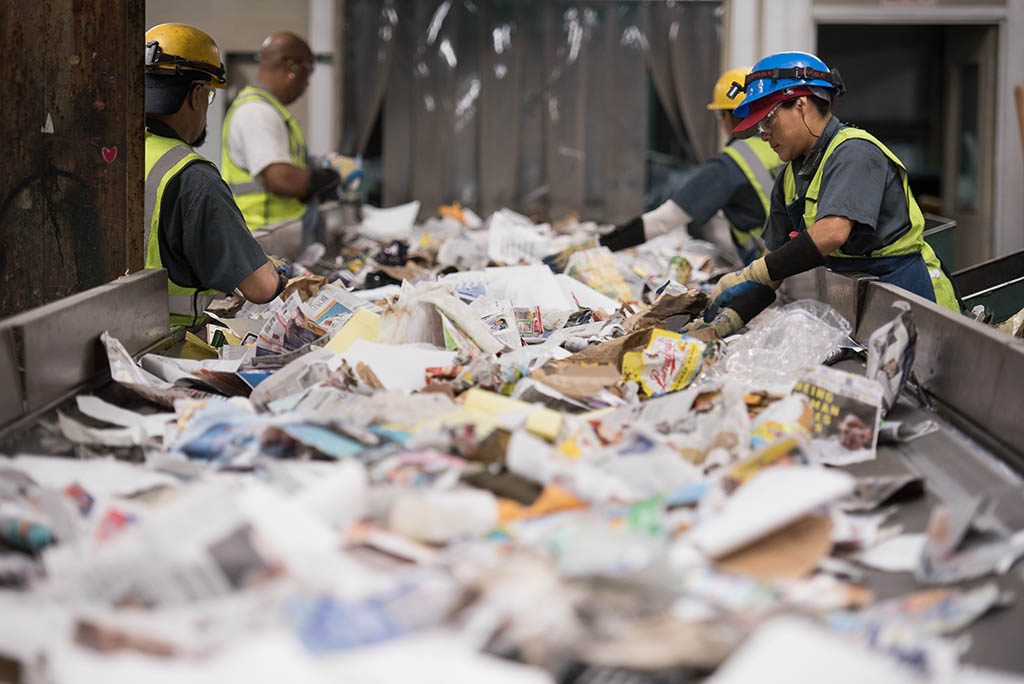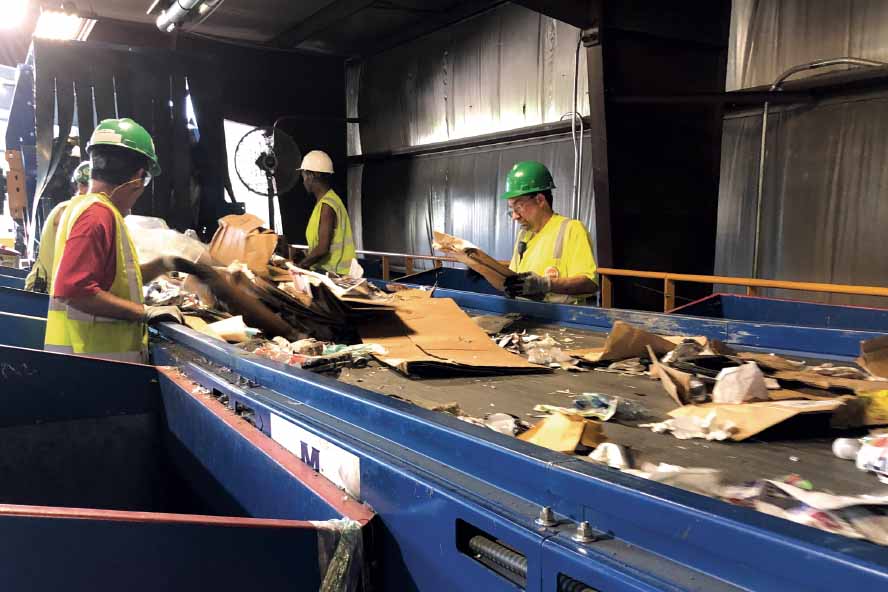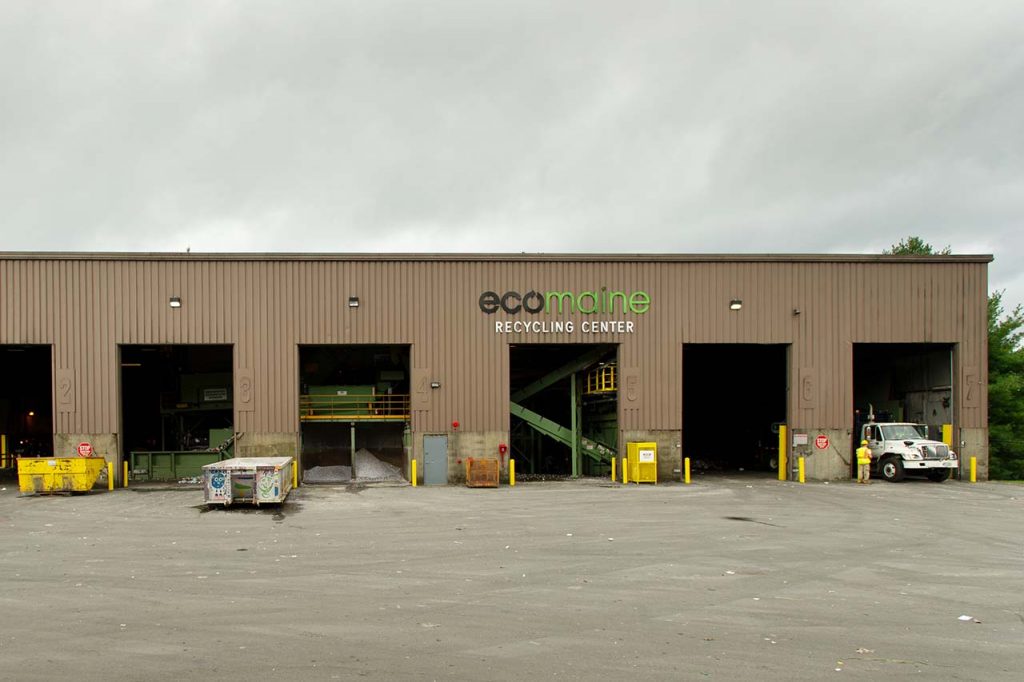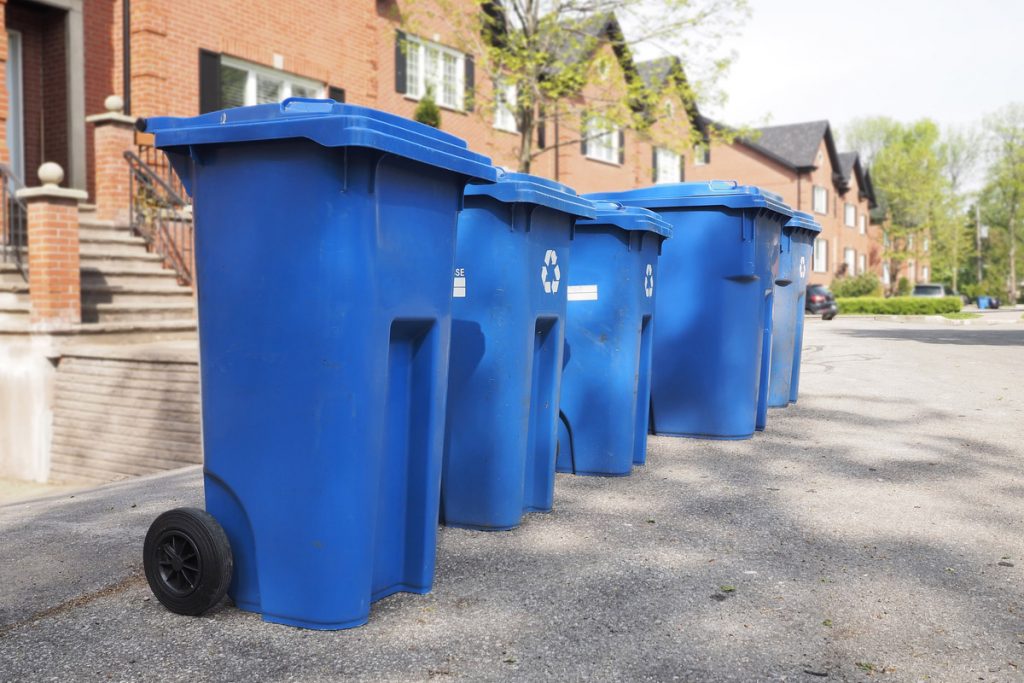
The Recycling Partnership’s “2020 State of Curbside” report delves into updated data on recycling in the U.S. | stephen rudolph/Shutterstock
To quickly grasp the struggles facing American curbside recycling programs, one can follow the money – or lack thereof. In July 2017, a ton of recyclables was worth over $90. In October 2019, it was worth $30. That’s according to new research from The Recycling Partnership.


